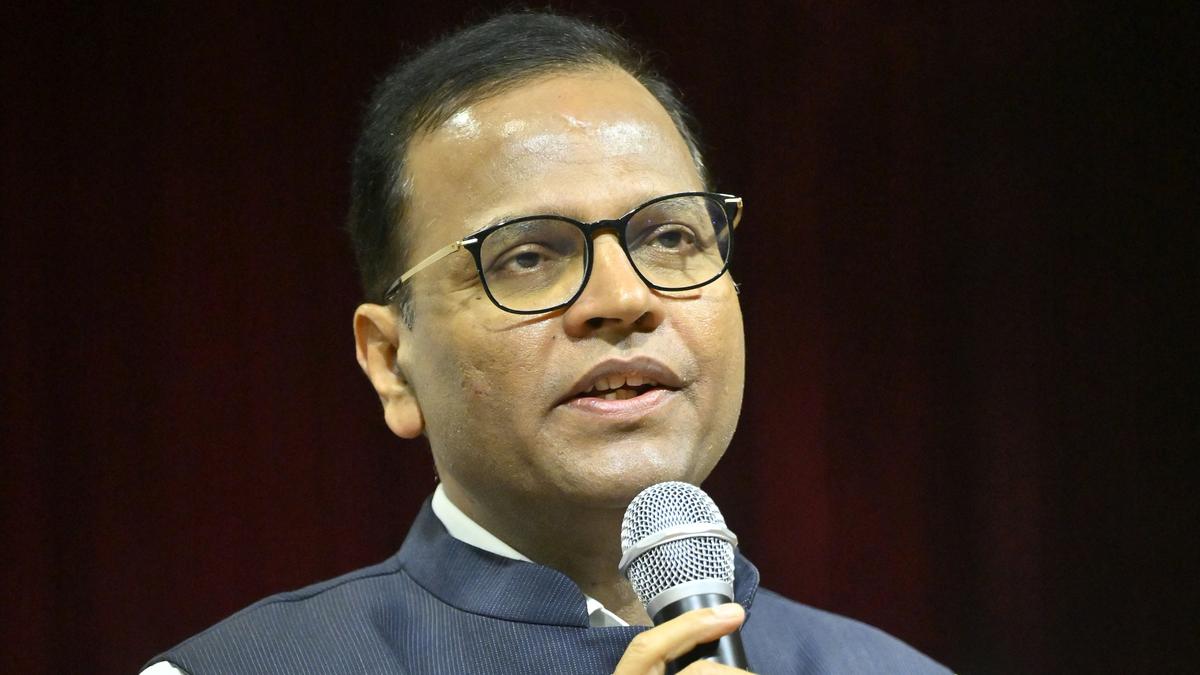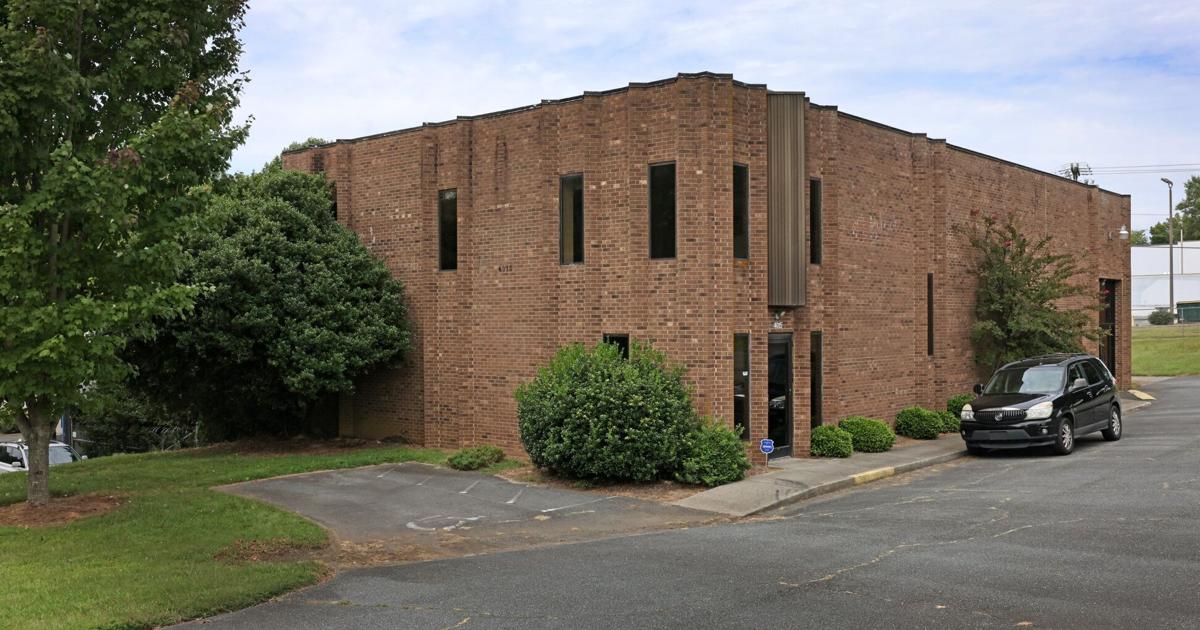Telangana to strengthen litigation management framework through CCMS for pending and ongoing cases

The Telangana State Government has decided to introduce a comprehensive Court Case Monitoring System (CCMS) to strengthen litigation management framework to overcome the delays in filing the counter affidavits, inadequate follow-up and instances of non-compliance with court directions resulting in piling up of pending cases,.
Pilot project of the CCMS will be implemented in the Revenue, Higher Education and Home departments, known for high number of pending cases on a pilot basis. It will be gradually extended to other departments. The Government has decided to adopt the Court Case Monitoring System (CCMS) developed by the National Informatics Centre (NIC) for streamlining case monitoring and strengthening the monitoring mechanism. The system is being adopted from Bihar, where it is under successful implementation.
The new system will facilitate real-time monitoring of cases pertaining to all departments by sending automated alerts and reminders regarding hearings, filing of counter-affidavits and compliance deadlines. It envisages the creation of dashboards for secretaries and law officers to track the progress of individual cases and facilitates online updation of case status and uploading of pleadings and judgments. The CCMS is equipped with the facility of generation of management information system reports, reports on pendency, disposal and compliance for senior monitoring.
They would be requested to provide NAPIX, API credentials to enable seamless integration of CCMS with the High Court Case Information System.
“The Government recognises the critical importance of effective monitoring and expeditious disposal of court cases involving Government,” Chief Secretary K. Ramakrishna Rao said.
The Law department in coordination with the IT department and NIC had been directed to take immediate steps for pilot roll out of the project and subsequently expand the system to all departments, besides filing the progress reports to the Chief Secretary periodically.
The Chief Secretary said that the Law department would be the nodal agency for implementing the new system for which the IT department, in coordination with the NIC, would provide necessary technical infrastructure and support for successful installation, hosting and operation of the CCMS. The departments on their part would be instructed to take up digitisation of legacy cases and ongoing cases in coordination with the Advocate General’s office and the Government Pleader’s office to ensure effective integration with the CCMS.



